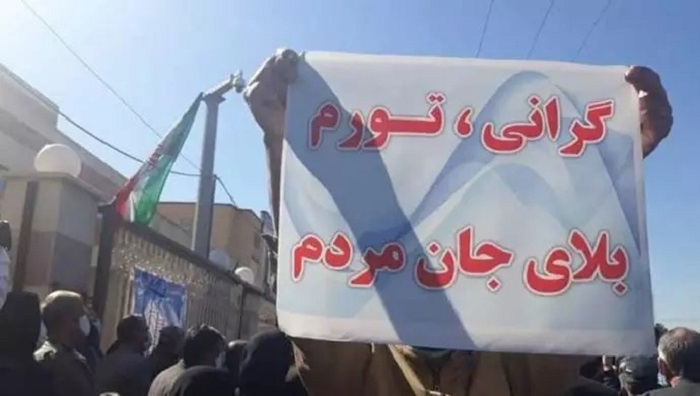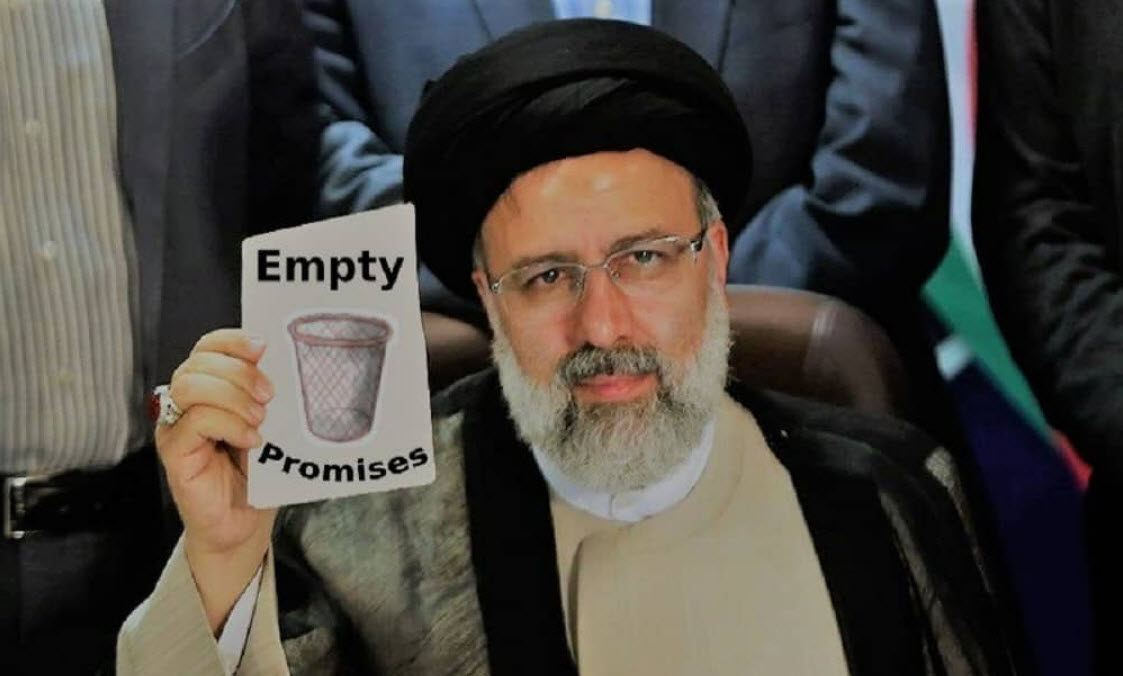
The situation is described as the country’s “80-year inflation record”, signaling historic economic distress.
Hossein Roghfar, a regime-linked economist, suggested corruption at the governmental level as a contributing factor. In the Etemad newspaper on July 28, Roghfar noted, “The production project is a clear example of classic corruption…They say corruption equals monopoly plus discretion, minus accountability. This is an equation within which corruption takes place and robs public resources.”
However, critics argue that Khamenei’s real intention was to consolidate power amidst rising discontent, not to mitigate poverty, corruption, and soaring prices.

An August 3 report in the state-run Arman newspaper paints a grim picture of the economy. It noted that a minimum wage worker would need to save part of their income for over 170 years to afford an 80-square-meter apartment, emphasizing the gravity of the current housing crisis. The housing situation has further deteriorated, with ILNA reporting a significant rise in the average cost per square meter of residential property in Tehran from 47 million rials last winter to 65 million rials this spring.
In response to these worsening conditions, numerous members of the Majlis (Parliament) have begun voicing their concerns. MP Jalal Rashidi ominously warned, “Are you aware that a kilo of chicken costs 120,000 tomans? Mr. President, I told you two years ago… be careful, time passes much faster than you think.”Rashidi’s sentiments were echoed by other parliament members.

Reflecting on the current state of affairs on August 3, Mehdi Nasiri, the former managing editor of Kayhan newspaper, indicated the failure of the Khamenei and Raisi’s policies could incite public unrest. He stated, “Given the state of public opinion, one incident, one hazardous event, a wrong decision can create such a spark.”
The volatile economic situation, coupled with policy failures and increasing political pressures, paints a precarious picture for the future of Iran under its current leadership.

MEK Iran (follow us on Twitter and Facebook), Maryam Rajavi’s on her site, Twitter & Facebook, NCRI (Twitter & Facebook), and People’s Mojahedin Organization of Iran – MEK IRAN – YouTu







